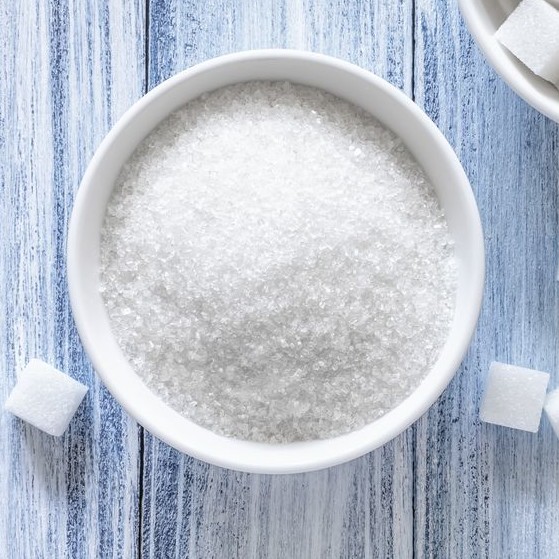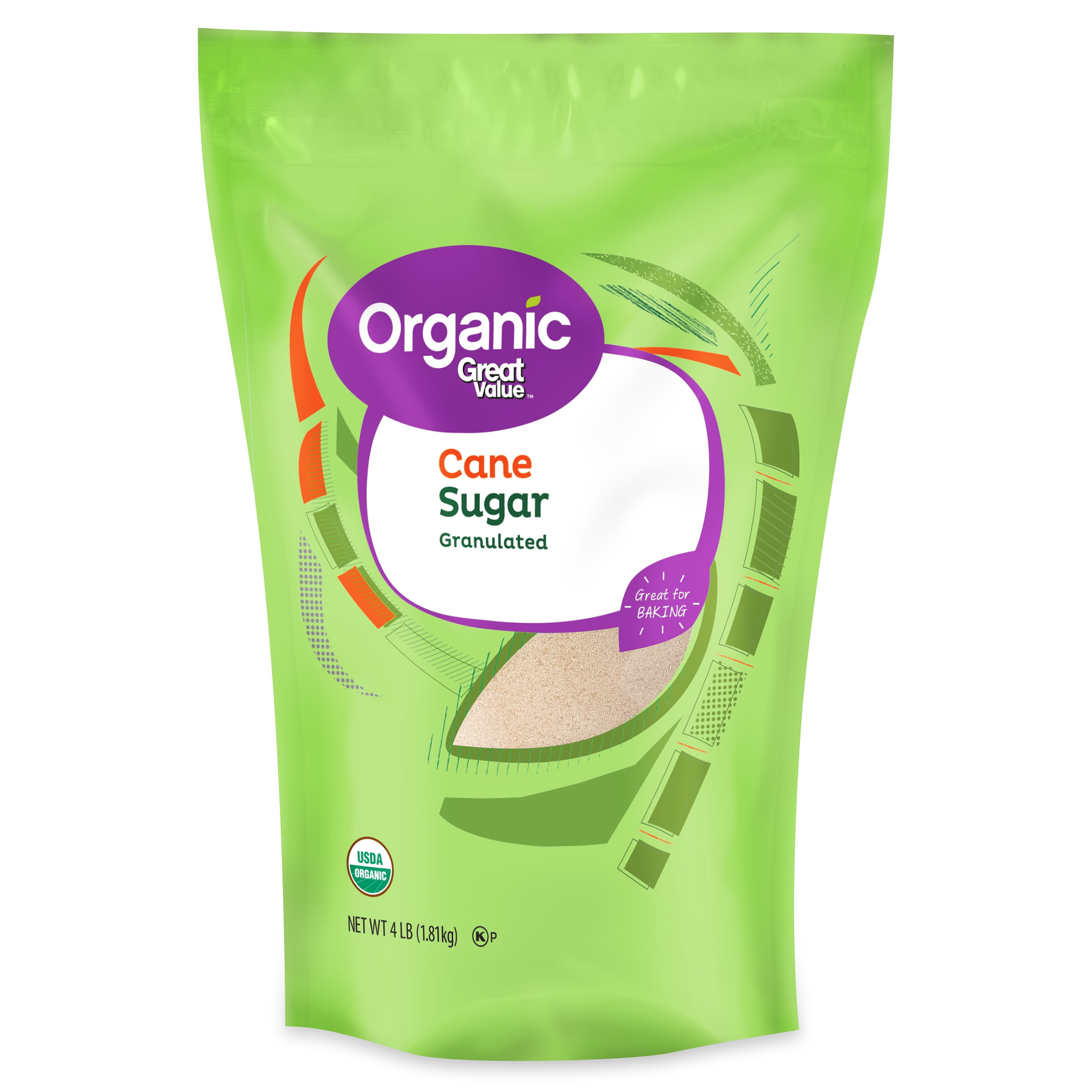Most Current Patterns in Cane Sugar Processing Chemicals
Most Current Patterns in Cane Sugar Processing Chemicals
Blog Article
Navigating Regulatory Conformity and Sustainability With Cutting-Edge Cane Sugar Processing Chemicals in the Chemical Export Industry

Regulatory Landscape Review
In the world of walking stick sugar processing chemicals within the chemical export sector, recognizing the regulative landscape is vital for guaranteeing compliance and sustainable procedures. Governing bodies such as the Epa (EPA) and the Food and Drug Administration (FDA) play a vital duty in looking after the manufacturing, import, and export of these chemicals. Conformity with laws set forth by these bodies is not just a legal demand however also vital for maintaining public wellness and ecological safety and security standards.
Regulative frameworks governing cane sugar processing chemicals encompass a broad range of aspects, including labeling requirements, permissible degrees of particular materials, and standards for risk-free handling and disposal. For chemical exporters, this implies adhering to rigorous documents procedures, quality assurance steps, and periodic audits to show adherence to these laws.

Lasting Cane Sugar Chemical Innovations

One popular area of development is the advancement of environmentally friendly chemicals that minimize water and power intake during the sugar handling phases. By applying these lasting solutions, business can lower their carbon impact while keeping high degrees of performance. Additionally, improvements in naturally degradable chemicals are gaining traction, supplying a much more eco friendly choice to typical processing agents.
Furthermore, the assimilation of renewable resource sources in the production process is ending up being extra prevalent, additional boosting the sustainability profile of cane sugar processing. By accepting these sustainable cane sugar chemical advancements, companies can not only satisfy regulatory needs yet also demonstrate a commitment to environmental obligation in the chemical export market.
Conformity Challenges in Exporting Chemicals
Browsing regulatory frameworks presents considerable obstacles for chemical merchants, calling for thorough focus to compliance standards and global regulations. Exporting chemicals involves adherence to a complex web of policies that vary from country to country. Among the key conformity obstacles encountered by chemical merchants is guaranteeing that the items satisfy the certain regulative needs of the importing country. This consists of obtaining the required permits, qualifications, and paperwork to show the security and validity of the chemicals being exported.
In addition, chemical merchants should remain abreast of frequently evolving standards and policies connected to chemical manufacturing, transportation, and handling. Failing to adhere to these laws can lead to serious repercussions, including penalties, legal activity, and reputational damage. Browsing trade limitations, sanctions, and export control legislations includes one more layer of intricacy to the compliance landscape for chemical merchants.
To mitigate these difficulties, chemical merchants have to buy durable conformity programs, conduct regular audits, and engage with regulatory authorities to ensure an extensive understanding of the appropriate regulations and policies. By focusing on conformity and staying aggressive in attending to regulative challenges, chemical merchants can navigate the complexities of worldwide profession effectively.
Environmental Impact of Walking Cane Sugar Handling
The environmental implications of cane sugar handling are a vital facet calling for comprehensive assessment in the chemical export industry. Walking cane sugar handling can have significant ecological influences at different phases of manufacturing. One of the key worries is the generation of large volumes of wastewater including organic issue, suspended solids, and chemicals made use of in the processing plants. This wastewater, otherwise appropriately dealt with, can contaminate water bodies, harm water life, and weaken overall water top quality. In addition, the burning of sugarcane areas before gathering, an usual practice in some areas, launches harmful air pollutants and greenhouse gases right into the atmosphere, adding to air quality problems and climate change.
Furthermore, the substantial use of pesticides and fertilizers in sugarcane cultivation can cause soil deterioration, water contamination, and reference harm to non-target microorganisms. It is crucial for chemical merchants involved in the walking cane sugar processing market to YOURURL.com carry out lasting methods, spend in sophisticated wastewater treatment innovations, advertise accountable farming methods, and adhere to strict ecological guidelines to reduce the unfavorable environmental effect of their procedures.
Future Trends in Sustainability Practices
What innovative strategies are chemical exporters in the cane sugar processing sector adopting to boost sustainability methods for the future? One noticeable pattern is the shift towards creating and utilizing environmentally friendly chemicals in the processing of walking cane sugar - Cane Sugar Processing Chemicals.
Another crucial fad is the application of advanced modern technologies such as automation and data analytics to optimize resource use and decrease waste generation. By utilizing the power of information and automation, chemical merchants can simplify their procedures, enhance energy effectiveness, and improve general sustainability performance.
Moreover, partnerships and partnerships with sustainability-focused organizations and stakeholders are coming to be increasingly typical. By interacting, chemical exporters can home exchange knowledge, share ideal practices, and jointly drive innovation towards more lasting walking cane sugar processing methods. Accepting these patterns will not only benefit the setting however likewise guarantee long-term success and competition in the market.
Conclusion
In verdict, the chemical export market need to navigate complex regulative landscapes and sustainability challenges when processing walking stick sugar. Innovations in walking cane sugar handling chemicals are crucial to meeting compliance criteria and minimizing environmental effect. As the market continues to evolve, it is necessary for firms to adopt lasting techniques and stay in advance of future patterns to guarantee lasting success.
In the world of cane sugar handling chemicals within the chemical export market, understanding the governing landscape is vital for making certain conformity and lasting operations.Discovering ingenious methods in the growth of lasting cane sugar chemical options is crucial for advancing ecological stewardship in the chemical export industry. Business are increasingly spending in study and growth to create advanced walking cane sugar processing chemicals that not only make sure high performance in sugar production but likewise adhere to stringent sustainability standards.
Additionally, chemical exporters must stay abreast of continuously evolving regulations and requirements associated to chemical manufacturing, transport, and handling - Cane Sugar Processing Chemicals.The environmental implications of cane sugar handling are an important element requiring detailed evaluation in the chemical export sector
Report this page